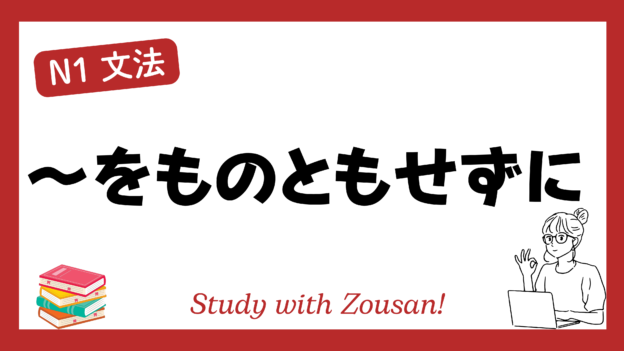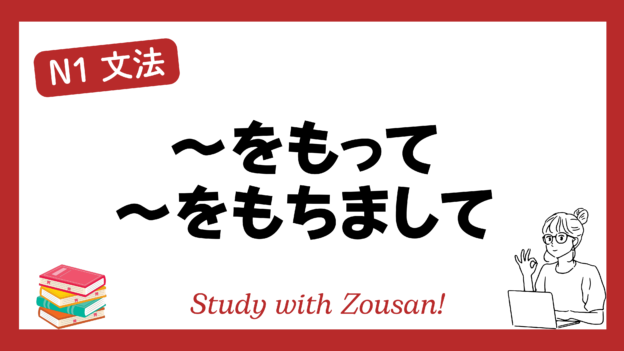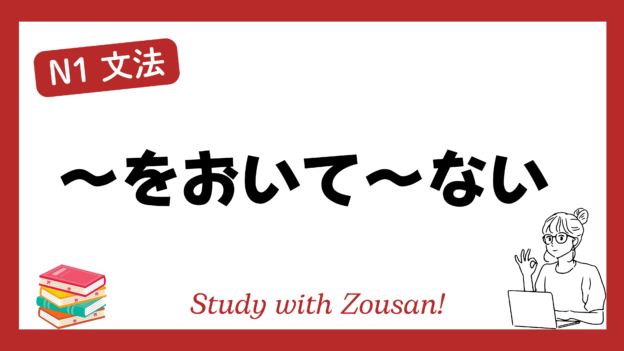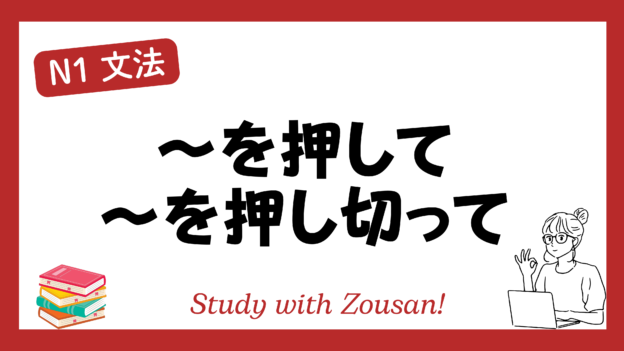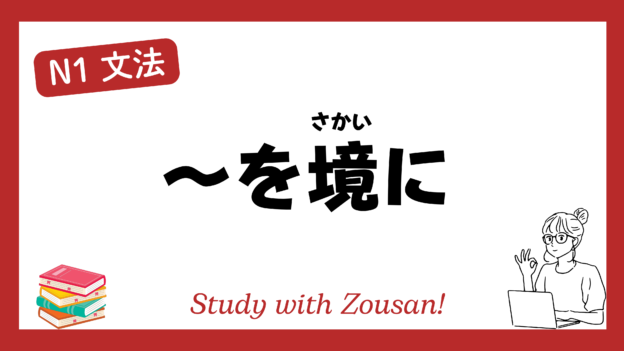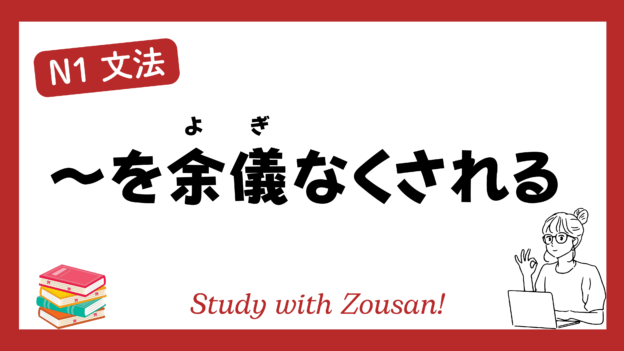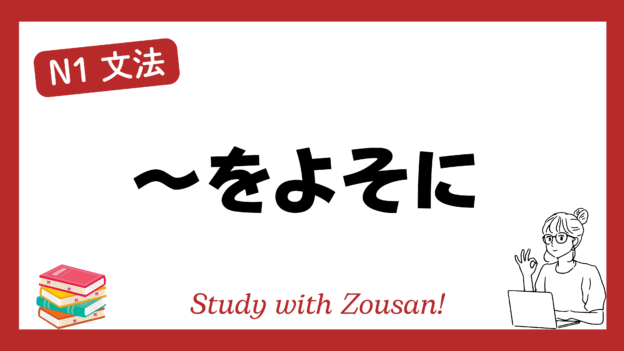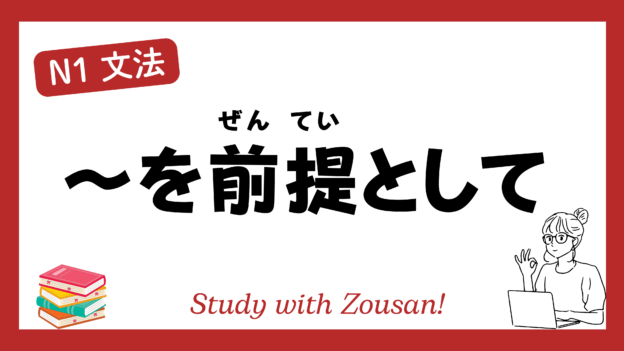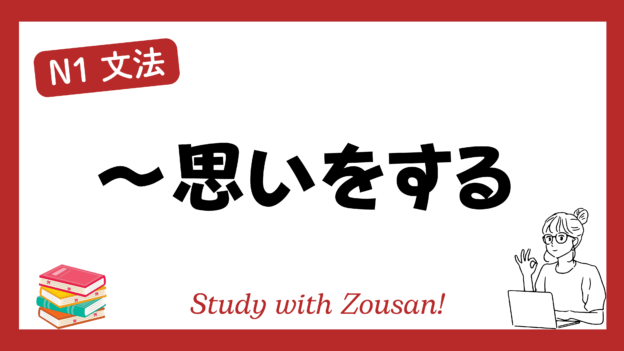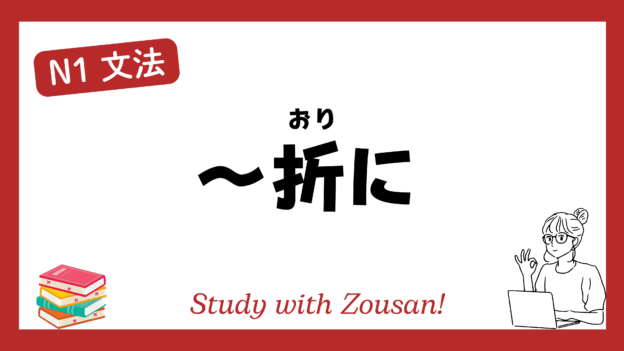Meaning: “In spite of…”, “Undeterred by…”
This structure is used to express that someone overcomes or does not let difficulties or obstacles prevent them from achieving something. It highlights a person’s strength or determination in facing challenges without being affected by them.
※Note: “~をものともせずに” is often used in a positive sense, praising someone’s ability to push through hardships or difficult situations.
Structure:
| Noun + | をものともせずに |
Example:
-
-
-
🌟 彼は困難な状況をものともせずに、最後まで頑張った。
(かれ は こんなん な じょうきょう を ものともせず に、さいご まで がんばった。)
He persisted until the end, despite the difficult situation. -
🌟 台風をものともせずに、彼らは試合を続けた。
(たいふう を ものともせず に、かれら は しあい を つづけた。)
They continued the game in defiance of the typhoon. -
🌟 彼女は病気をものともせずに、毎日学校に通った。
(かのじょ は びょうき を ものともせず に、まいにち がっこう に かよった。)
She attended school every day despite her illness. -
🌟 彼は批判をものともせずに、自分の道を進んだ。
(かれ は ひはん を ものともせず に、じぶん の みち を すすんだ。)
He followed his own path, undaunted by the criticism. -
🌟 災害をものともせずに、復興活動が進められた。
(さいがい を ものともせず に、ふっこう かつどう が すすめられた。)
The reconstruction efforts continued despite the disaster. -
🌟 彼のチームは強敵をものともせずに、見事に勝利した。
(かれ の チーム は きょうてき を ものともせず に、みごと に しょうり した。)
His team achieved a splendid victory, despite facing a strong opponent. -
🌟 大雪をものともせずに、彼女は会社に遅れずに到着した。
(おおゆき を ものともせず に、かのじょ は かいしゃ に おくれず に とうちゃく した。)
She arrived at the company on time despite the heavy snow. -
🌟 反対意見をものともせず、彼は計画を実行した。
(はんたい いけん を ものともせず、かれ は けいかく を じっこう した。)
He carried out the plan in defiance of opposing opinions. -
🌟 彼女はプレッシャーをものともせずに、堂々と演説をした。
(かのじょ は プレッシャー を ものともせず に、どうどう と えんぜつ を した。)
She gave a confident speech, undeterred by the pressure. -
🌟 彼は逆境をものともせずに、成功を手に入れた。
(かれ は ぎゃっきょう を ものともせず に、せいこう を て に いれた。)
He achieved success despite the adversities.
-
-


